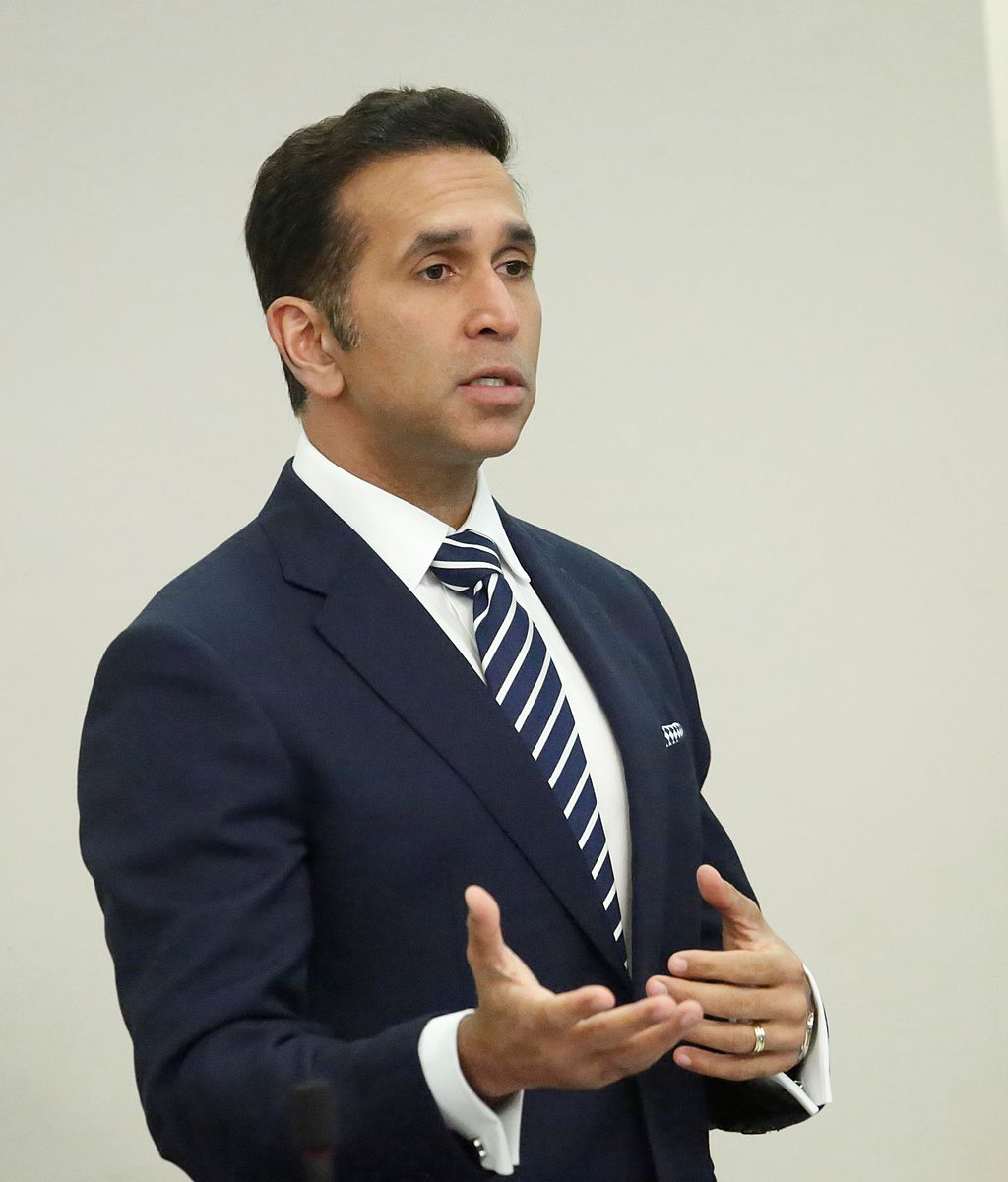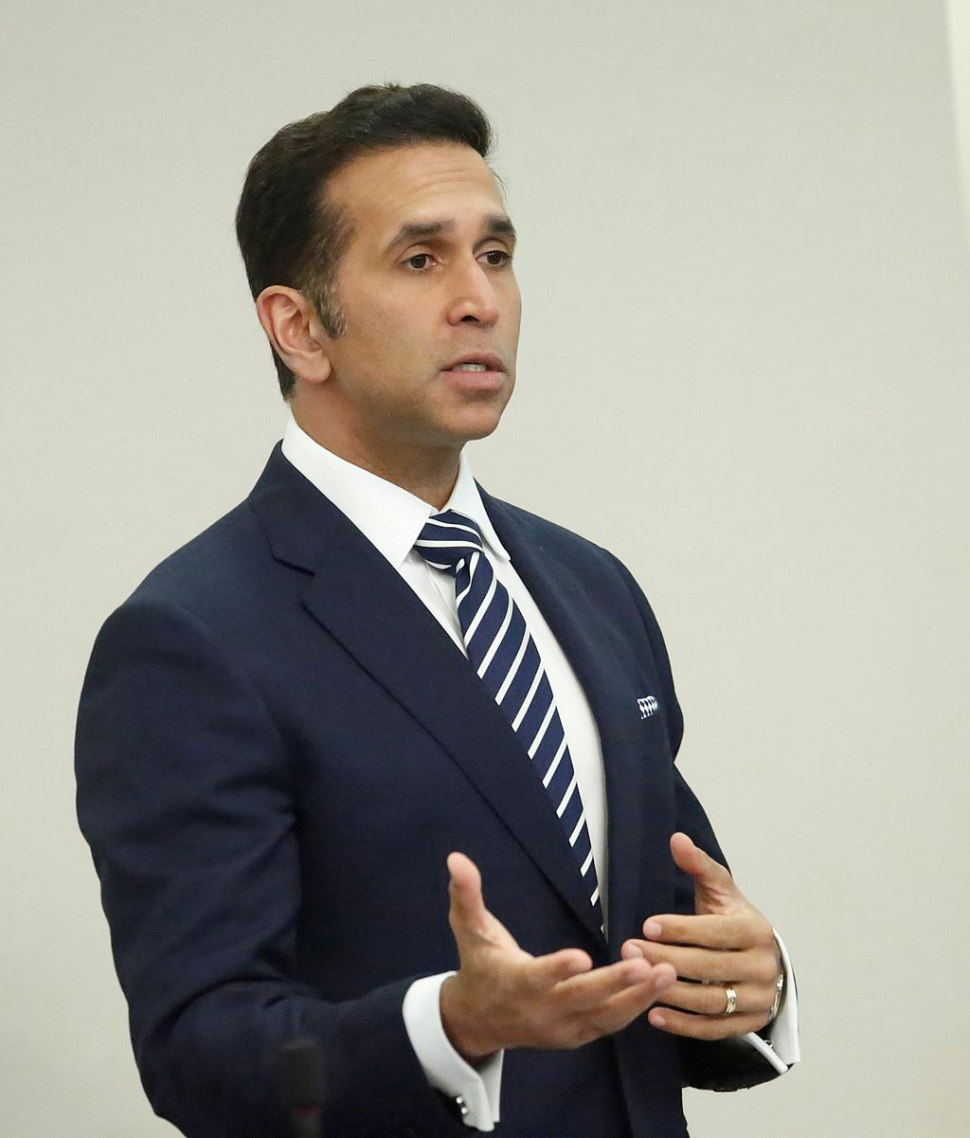(Trinidad Guardian) If innocent citizens have nothing to fear or hide, the Civil Asset Recovery Unexplained Wealth Bill should not scare them.
This was the message Attorney General Faris Al-Rawi sent to the population in Parliament yesterday, as he read out the 75-clause bill which seeks to create a civil asset recovery and management agency for the recovery of criminal property through restrictions in dealing with civil assets restriction, forfeiture of criminal property and the management of criminal property.
Al-Rawi said the bill was specifically crafted to take the profits out of crime, which is the number one issue affecting T&T.
He said the Opposition United National Congress was familiar with the law, as he noted that under the People’s Partnership regime then national security minister Gary Griffith took legislative proposal to Cabinet to tackle civil asset forfeiture.

“That Cabinet decision for a policy for civil asset forfeiture was withdrawn by dictates from that Cabinet on March 20, 2014. And If I could paraphrase what Commissioner (Police) Griffith told me …he was beaten with a big stick to run out the Cabinet under this particular legislative reform,” Al-Rawi said.
Al-Rawi said if they (People’s Partnership) ran Griffith with a big stick then, he knew what to expect in the House yesterday.
“We expect them to come with the constitutionality talk, consultation talk, ask for a Joint Select Committee and ask for more time,” he said.
The AG said he expected the Opposition not to support this law.
“This law is not for the novel. This law is for the brave to pilot and push through.”
The AG assured that the bill will not go after taxpayers and the working class who can easily identify how they acquire their wealth and assets, but bandits who wear gold chains and drive Mercedez Benz and BMWs.
“That is not the case with people who have umpteen assets that they cannot explain or where they are hiding their assets by not declaring who they actually are.”
Such people, he said, would have to dot their Is and cross their Ts in a court of law.
In part five of the bill, which deals with unexplained wealth orders, Al-Rawi described this section as a “dynamite provision of the law.” He drew reference to St Vincent and the Grenadines, which put into their laws unexplained wealth orders that targetted bandits who bling large quantities of gold and paraded on the streets “enticing people to join a criminal gang.”
These wealth orders, Al-Rawi said, are done constitutionally.
The AG added that individuals whose properties are forfeited are still called upon to explain their wealth.
“And who better to explain how you bought your house, how you have a mansion worth X or Y, how you have a car? And who better to explain this than the person who owns it? Not everybody is brave enough to leave their name on a record for full public inspection.”
In response, Caroni Central MP Bhoe Tewarie objected to the bill, stating it lacked clear and convincing evidence.
Tewarie said the bill has overreaching powers which put ordinary citizens at a disadvantage and has the potential for political interference and manipulation.

